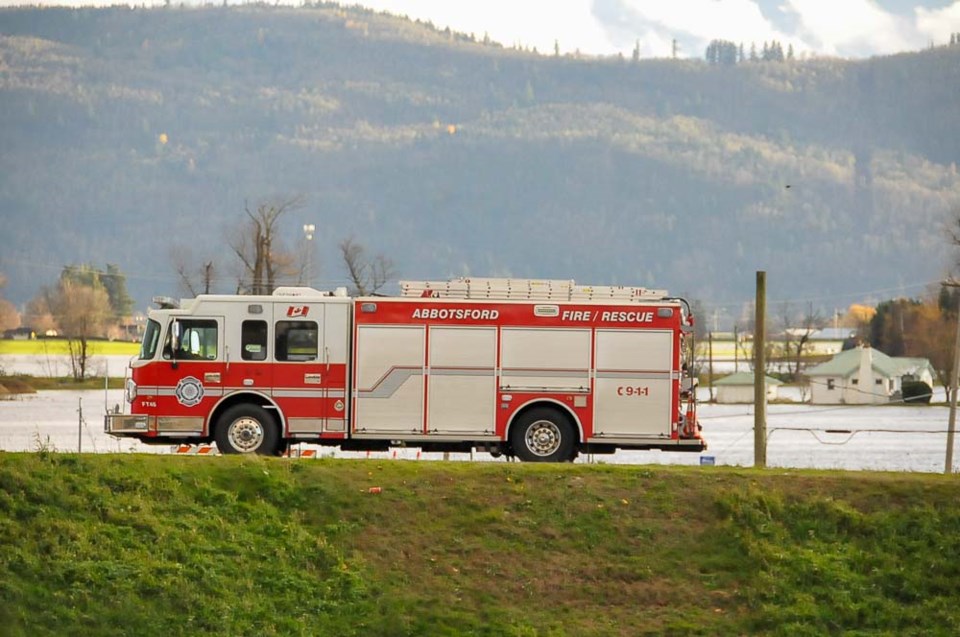B.C.'s recent storms and resulting supply chain disruptions have shown the need to respond to climate change challenges, according to the Port of Vancouver's CEO.
Robin Silvester praised the CN and CP railway companies on Thursday for restoring service between the West Coast and the rest of Canada within eight days of the floods.
“The port was affected,” Silvester told a packed Vancouver hotel ballroom, the Greater Vancouver Board of Trade’s first pandemic hybrid event.
He said a disruption at Vancouver’s port, Canada’s largest, affects the entire country.
Silvester said the need to respond to challenges that climate change presents or will present in future emergencies are now “urgent.”
“We know the future must include decarbonization,” Silvester said, noting multiple projects in which the port is participating to lower emissions from its operations.
Silvester said Vancouver’s port has weathered multiple crises in the past 20 months but needs to deal with climate change adaptation, an industrial land shortage and a lack of shipping containers.
He called the times ”tumultuous”; they've shown the port what must be done for shock-proofing operations, he said.
But, Silvester said, “the port has remained remarkably fluid and trade has actually grown over the period.”
The CEO noted infrastructure investments across a range of partners, including industry and government, have helped in that fluidity.
But, he warned, the port is facing a growing industrial land shortage.
”We don’t have sufficient land around the port for transloading and container shortage.”
What that means, he explained, is that big shippers such as Amazon will look elsewhere.
It also means cargo could be shipped to Toronto and then back to Vancouver by plane, resulting in greater greenhouse gas emissions, he said.
“I’ve been sounding the alarm about the looming land shortage. It’s here.”
“We have the lowest availability of industrial buildings in North America,” he continued.
Silvester stressed the federal government must approve the Roberts Bank 2 container facility in Tsawwassen soon in order to handle trade demands. The project remains under federal environmental assessment review.




